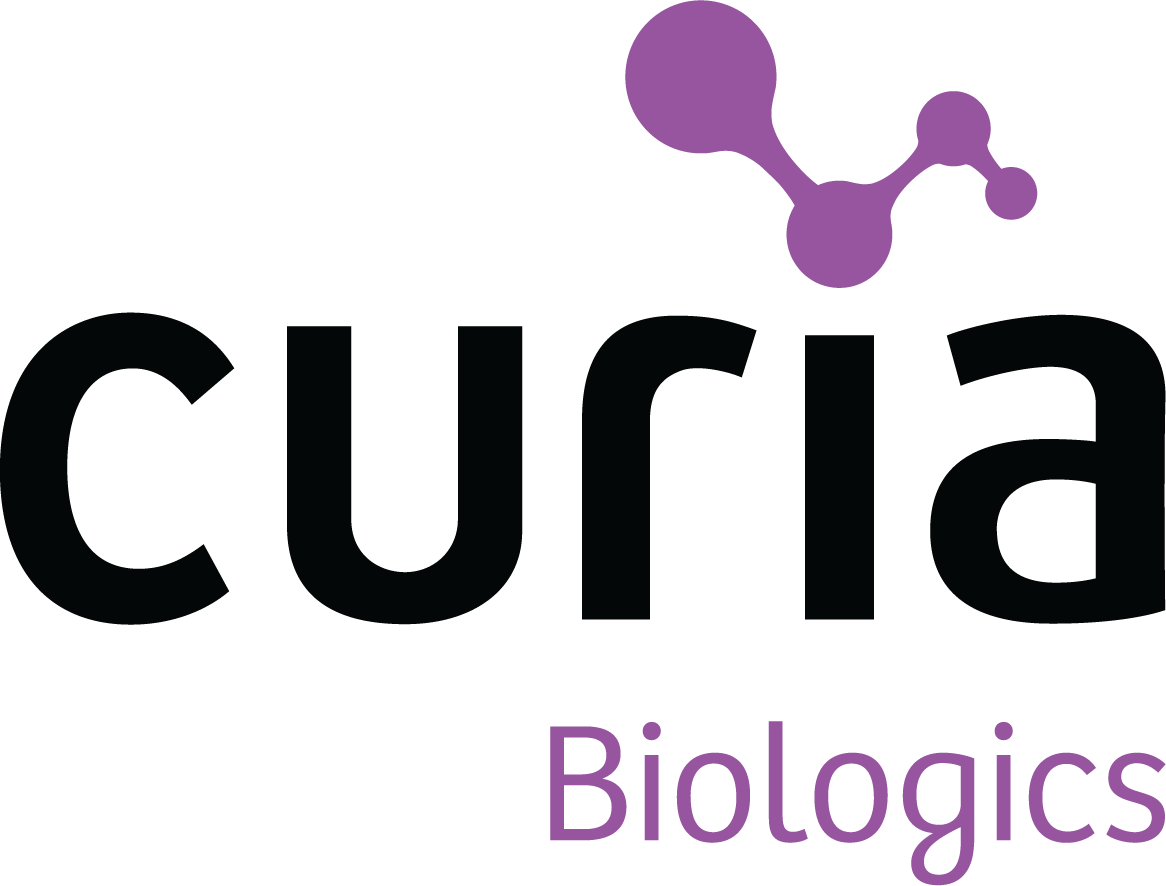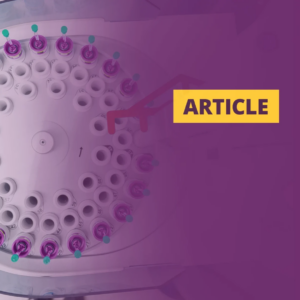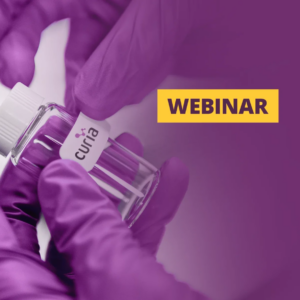FAQ

Research Cell Bank (RCB) generation and Transitioning from Transient Production:
The same CHO-K1 parental is used for both TunaCHO and CHO-GSN thus the protein from the different platforms have similar post-translation modification (PTM) profiles. A pilot study utilizing the TunaCHO platform is recommended prior to starting work in the CHO-GSN platform to provide purified protein for the Client’s analysis as well as a profile of the cell line characteristics for use in a stable pool comparison.
RCB Generation is split into 3 main stages: Stable Pool, Stable Clone, and Stable Sub-Clone with Cell Imager (for Monoclonality confirmation). The timeline for each individuation stage varies slightly and the client will have an opportunity to assess the protein/antibody expression level before continuing to the next stage. The full RCB generation is ~6-9 months.
Some services may be able to be performed in parallel to reduce the overall timeline. Curia’s Project Managers will work closely with your team to assess the risks and determine the best path for the overall program.
Yes, cell imaging can be added for the first single-cell cloning step. Typically, we perform 2 rounds of single-cell cloning; the 1st round to find the highest expressing clone and 2nd round to prove monoclonality. Some clients have elected to perform one round of single-cell cloning paired with the cell imager to reduce the overall timeline of the project. Discuss this option with your project manager as there are some risks with this accelerated approach.
The main purpose of the second round of single-cell cloning (subclone generation) is to obtain monoclonality confirmation of the cell line.
A small 50 mL production run is performed from either the stable pool or the top 3 clones. The purified materials are characterized via CE-SDS, SE-UPLC, and cIEF analysis. Additional analysis such as Intact Mass or a custom activity assay can be added to the scope. Scale-up productions or other services can also be provided using the stable pool, clone, or subclone. Please inquire.
Upstream Process Development Questions:
Yes, Curia’s media and feed study will test different commercially available media and feed combinations recommended by our technical team. If you have a specific media and feed combination you would like tested it can be included in the scope.
We see that shake flasks have more variability in yield since the environment is not as controlled as in an ambr or SUB productions. The shake flasks for media/feed optimization study are mainly to find a more compatible strategy to use in the ambr15. While not directly correlated, it can be used as a good baseline for ambr15 and SUB performance.
The ambr15 is a scaled-down model for 2L and larger bioreactors, we usually apply ambr15 in a parameter optimization study before scaling up. Based on our experience the ambr15 and 2L results are similar, however, this is cell and protein-dependent.
Downstream Development Questions:
Downstream Process Development services are required to develop, optimize, and characterize the purification process for scalable processing of your antibody or protein. The downstream process development services will establish a robust and scalable process for the large-scale manufacturing of your target protein.
Curia’s GMP/GLP Production Capabilities:
To generate a Master Cell Bank (MCB), Curia can assist in transferring the Research Cell Bank (RCB) vials to a GMP facility for MCB generation. We have partnered with an established third-party company and have coordinated on behalf of the client to facilitate the transfer of paperwork and overall program continuity. However, we can also assist with the transferring of the RCB to a GMP facility of your choice as well. Please inquire for more details regarding the third-party company we’ve partnered with in the past.
Curia’s Hopkinton site also offers GMP manufacturing of the therapeutic drug. We have a mammalian protein production GMP suite with a manufacturing capacity ranging from 25 L WAVE up to a total of 900 L in multiple SUBs.
Curia also offers GMP DNA plasmid production.
Curia only generates RCBs under research-grade conditions, however, a protein produced using the RCB may still be used for GLP studies depending on the client’s material requirements. Please inquire for more details.
GMP runs include QA oversight. The material generated under GMP also would not be released to clients unless the release criteria are met. Curia would request a call prior to sending a quote for a GMP production to determine the amount of QA/QC needed, and if process development is needed. In comparison, research-grade production runs do not require QA and minimal QC oversight in that CE-SDS and SE-UPLC are run, but data is for information only rather than release criteria. Curia also offers Bioprocessing grade (BPG) production runs that are “GMP-like”, and the QA oversight can be customized for client-specific requirements.


